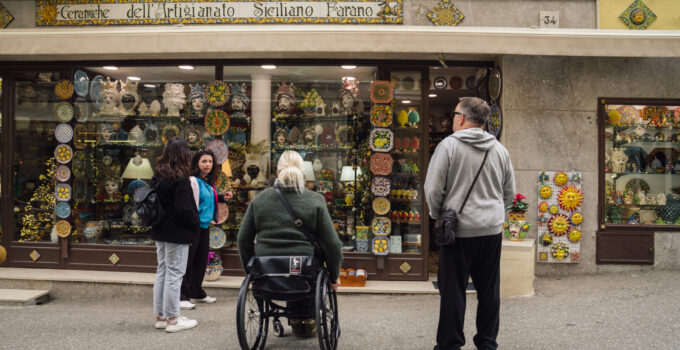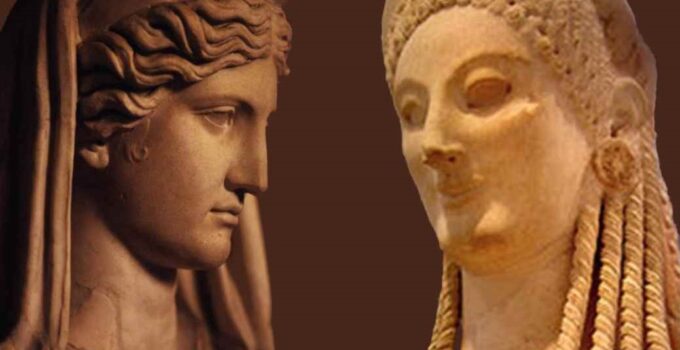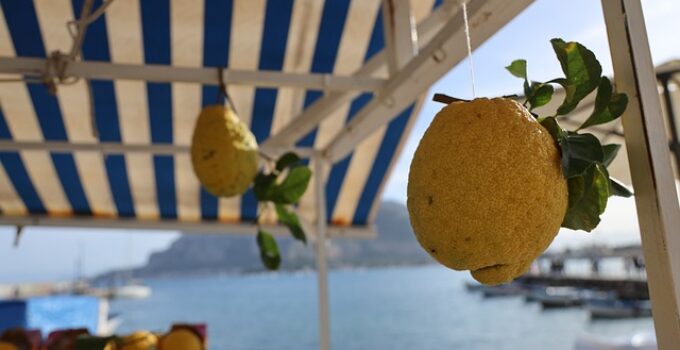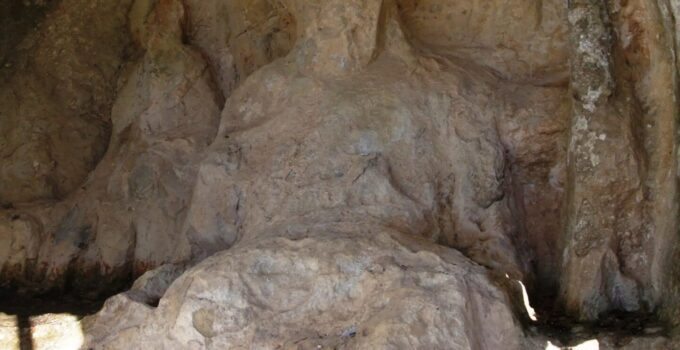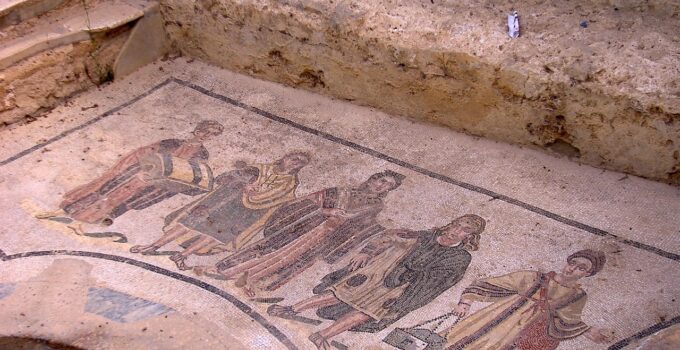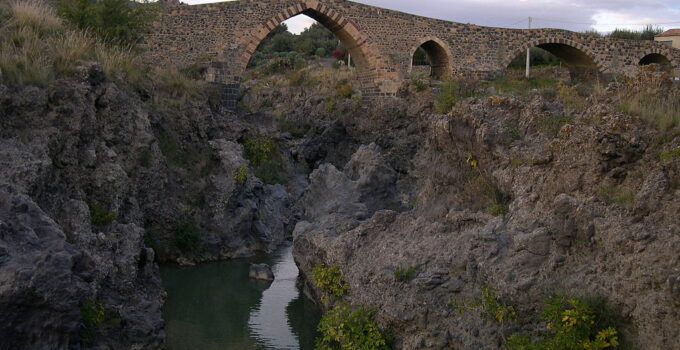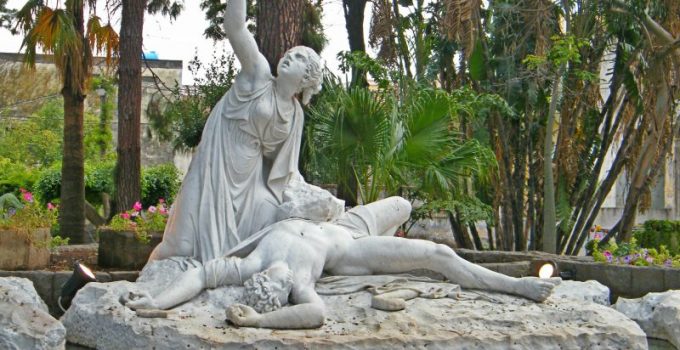Accessible tourism in Sicily: an experience for everybody Sicily, as we know, is a land where paradoxes live hand in hand, starting with the sea and lava that form …
Igor Mitoraj’s contemporary art among the lava flows of the Etna volcano The bronze work of “Teseo screpolato” stands 1700 meters above the lava rocks of the Etna volcano, …
Una travolgente storia che racconta le vicissitudini di una madre che perde la figlia per poi ritrovarla, è la storia di Demetra e Kore.
Si chiama “Rusulia” ed è al primo posto tra i murales dello Street Art Cities del 2024 Dove si trova il murales? Per andare a vedere il murales di …
Sito rupestre i Santoni e la dea Cibele
The word Solstice comes from the Latin “Solis statio” which means stopping of the Sun, therefore the Summer Solstice is the day in which the sun reaches the maximum …
Visita Piazza Armerina e dintorni. Una mini guida redatta per i viaggiatori fai da te ricca di dettagli nascosti! La Villa Romana del Casale si trova a Piazza Armerina …
The oldest pagan festival in Sicily “U Muzzuni” It is a pagan festival that takes place in Alcara Li Fusi (ME) on the Nebrodi every year on June 24th. The …
Discover the history of Adrano, the culture of Mendolito and the Saracen Bridge Ponte dei Saraceni is an ancient structure made of local lava stone, located in the territory …
Holiday in Sicily and excursions on Etna, two perfect ingredients where fun is guaranteed! Trips to the volcano are not only one of the most incredible experiences you can …
La leggenda di Aci e Galatea ha dato origine a una serie di località in Sicilia, che portano il prefisso “Aci”. Questi paesi sono situati principalmente nella provincia di …
